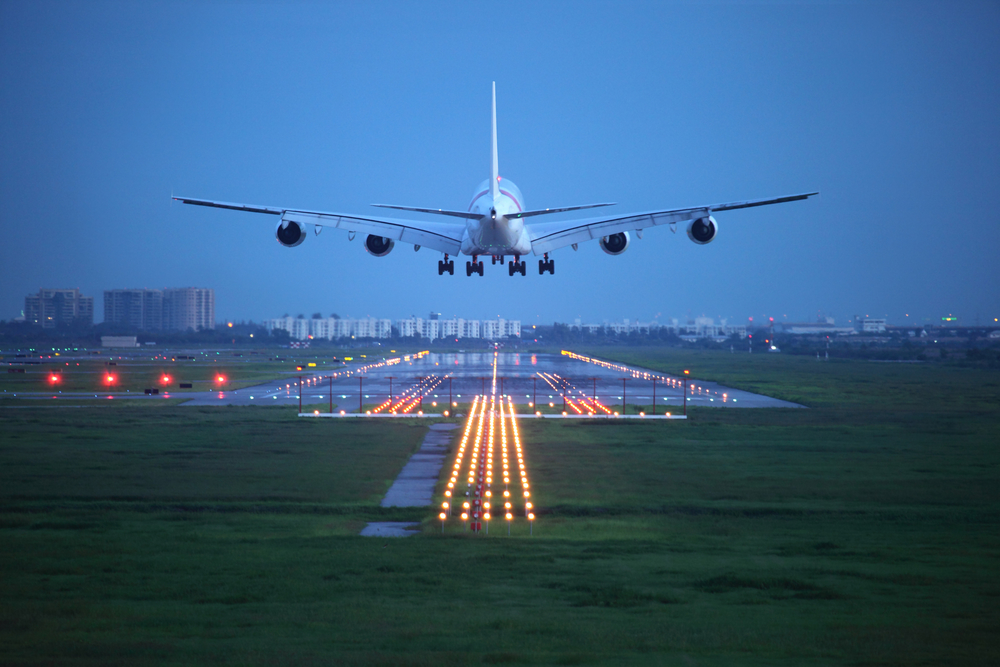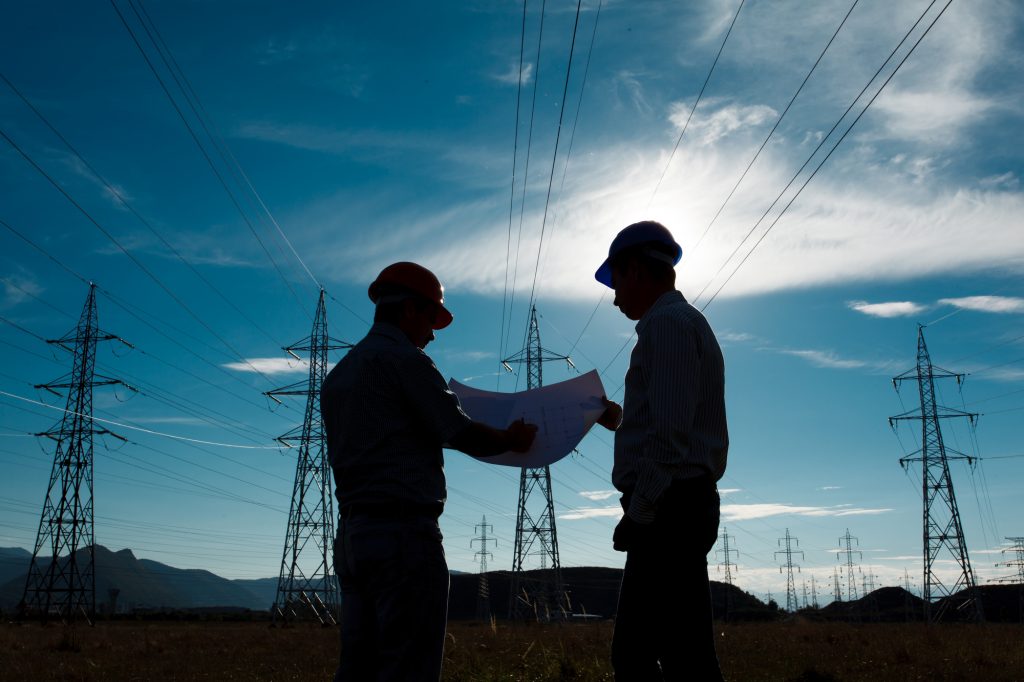
Contract Awards – April
Published: 22nd April 2024
Check out the latest developments across Transport and Infrastructure. Here’s a roundup of the major contracts awarded this month.
Contract Awards – April
Check out the latest developments across Transport and Infrastructure. Here’s a roundup of the major contracts awarded this month.

The Great Grid Upgrade
Published: 15th April 2024
Involved in the Great Grid Upgrade or looking to bid for projects? Here’s how we would tackle recruiting leaders that can rise to this complex challenge.
The Great Grid Upgrade
Involved in the Great Grid Upgrade or looking to bid for projects? Here’s how we would tackle recruiting leaders that can rise to this complex challenge.

Movers and Shakers in Transport & Infrastructure the Headlines from March 2024
Published: 2nd April 2024
Check out the latest movers and shakers from across the transport & infrastructure sectors from March 2024…
Movers and Shakers in Transport & Infrastructure the Headlines from March 2024
Check out the latest movers and shakers from across the transport & infrastructure sectors from March 2024…

Contract Awards – March
Published: 25th March 2024
Check out the latest developments in Transport and Infrastructure. Here are the major contracts awarded this month.
Contract Awards – March
Check out the latest developments in Transport and Infrastructure. Here are the major contracts awarded this month.

Diversifying?
Published: 18th March 2024
It’s all change across the Infrastructure sector. Many of our clients are diversifying into energy, water, and defence. Where are the opportunities and where do you find the talent?
Diversifying?
It’s all change across the Infrastructure sector. Many of our clients are diversifying into energy, water, and defence. Where are the opportunities and where do you find the talent?

Movers and Shakers in Transport & Infrastructure the Headlines from February 2024
Published: 5th March 2024
Check out the latest movers and shakers from across the transport & infrastructure sectors from February 2024…
Movers and Shakers in Transport & Infrastructure the Headlines from February 2024
Check out the latest movers and shakers from across the transport & infrastructure sectors from February 2024…

Contract Awards – February
Published: 26th February 2024
Take a look at the latest developments in Transport and Infrastructure. Here’s a roundup of the major contracts awarded in the last month.
Contract Awards – February
Take a look at the latest developments in Transport and Infrastructure. Here’s a roundup of the major contracts awarded in the last month.

This is where the money is…
Published: 12th February 2024
Infrastructure projects for 2024 are abundant. The pipeline is huge. But the work isn’t where it has been in recent years. Check out this industry update…
This is where the money is…
Infrastructure projects for 2024 are abundant. The pipeline is huge. But the work isn’t where it has been in recent years. Check out this industry update…

Movers and Shakers in Transport & Infrastructure the Headlines from January 2024
Published: 6th February 2024
Check out the latest movers and shakers from across the transport & infrastructure sectors from January 2024…
Movers and Shakers in Transport & Infrastructure the Headlines from January 2024
Check out the latest movers and shakers from across the transport & infrastructure sectors from January 2024…

Contract Awards – January
Published: 29th January 2024
Check out the latest developments across Transport and Infrastructure. Here’s a roundup of the major contracts awarded over the past month.
Contract Awards – January
Check out the latest developments across Transport and Infrastructure. Here’s a roundup of the major contracts awarded over the past month.

Discover the latest M&A updates
Published: 15th January 2024
Discover all of the major merger and acquisition activity across Transport & Infrastructure from the past year.
Discover the latest M&A updates
Discover all of the major merger and acquisition activity across Transport & Infrastructure from the past year.

Movers and Shakers in Transport & Infrastructure the Headlines from December 2023
Published: 3rd January 2024
Check out the latest movers and shakers from across the transport & infrastructure sectors from December 2023…
Movers and Shakers in Transport & Infrastructure the Headlines from December 2023
Check out the latest movers and shakers from across the transport & infrastructure sectors from December 2023…